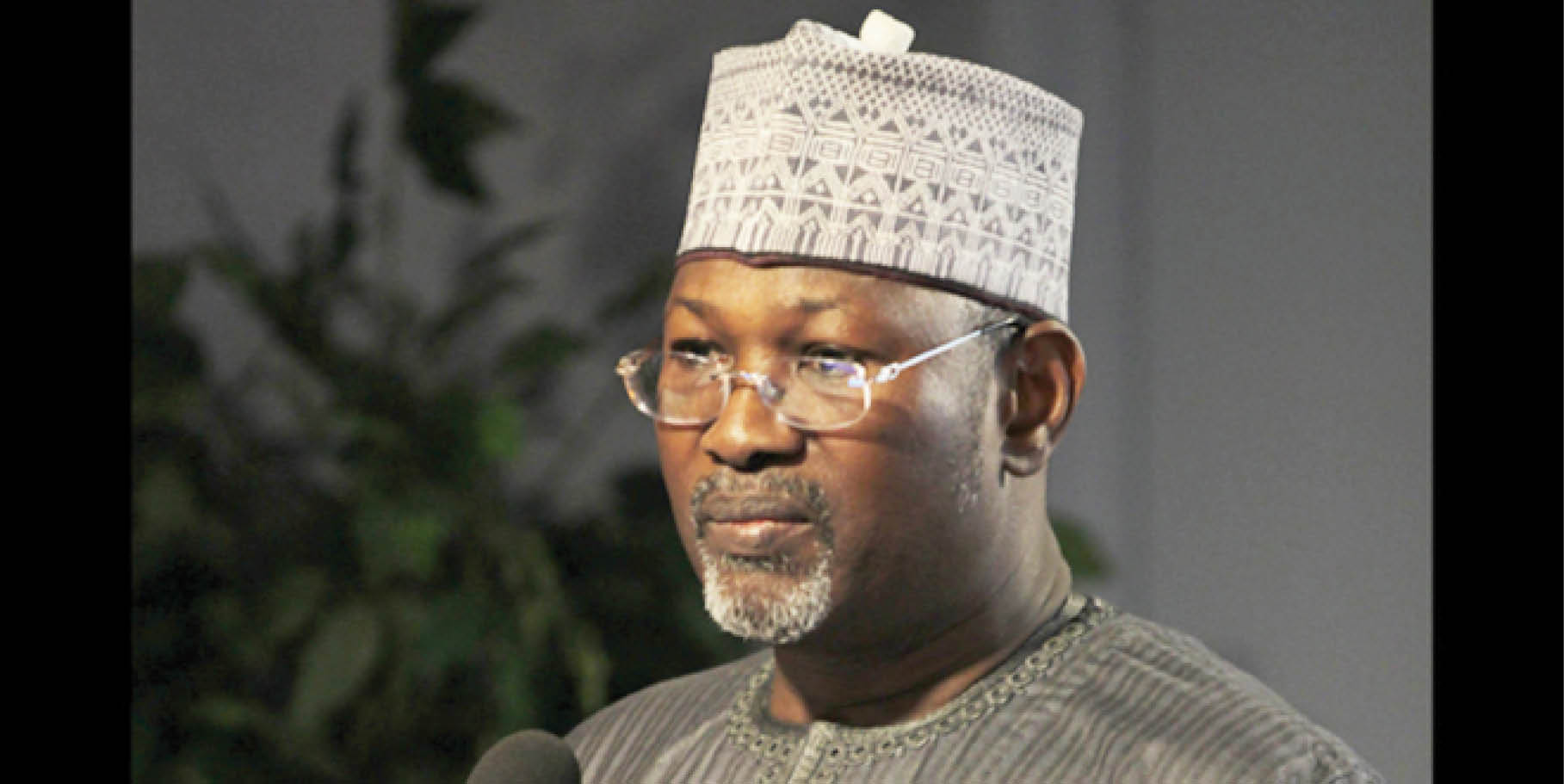President Bola Ahmed Tinubu responded positively to suggestions that a commission or government ministry dedicated to the livestock sector would give pastoralists a sense of inclusion in the government’s agricultural policies and reduce incessant clashes between farmers and herders.
On Tuesday, July 9, 2024, he inaugurated what he christened ‘Renewed Hope Livestock Reform Implementation Committee,’ an apparent forerunner to the establishment of the Ministry of Livestock Development. At the inauguration of the committee, which has the president as chairperson and Professor Attahiru Jega, a former chairman of the Independent National Electoral Commission (INEC), as co-chairperson, Tinubu expressed a measure of conviction that the move would bring about peace in the country.
He said: “We have seen the solution and opportunity. With this adversity that has plagued us over the years, and I believe the prosperity is here – in your hands. This sector will boost agricultural productivity, enhance export opportunities and stimulate economic growth by fostering a robust value chain that benefits farmers, processors, herders, distributors and consumers alike.”
The creation of a ministry dedicated to livestock would not be a new step taken in dealing with the constant conflicts between farmers and herders. In 2016, when Chief Audu Ogbeh was the Minister of Agriculture, under former President Muhammadu Buhari’s administration, a policy called the National Ranching Policy was raised. Under that policy, state governments were required to provide lands for the ranching of cattle, a measure that was interpreted as the establishment of ‘cattle colonies’ across Nigeria. The angry resistance to the policy prevented the government from proceeding with its implementation. Furthermore, in 2019, the Buhari government came up with the idea of the Rural Grazing Areas (RUGA), which was also resisted. Later, it emerged with the National Livestock Transformation Plan (NLTP), which was embraced by some state governments.
To make a difference, the government must thoroughly implement measures that would boost livestock production in the country, not only those that would end the clashes between herders and farmers. Such measures must go beyond focusing on cattle farming, as statistics have shown that other livestock need equal attention as cattle.
A 2017 data shows the distribution of livestock production in Nigeria with over 80 million poultry birds, 76 million goats, 43.4 million sheep, 18.4 million cattle, 7.5 million pigs, and 1.4 million of equids (horses and donkeys). This shows that government measures must be all-encompassing for those involved in livestock business to be carried along, as they all contribute to the economy.
At this initial stage, the government must come up with measures that would foster dialogue and understanding among stakeholders in the sector, especially local communities, herders, farmers, environmental groups, and regional government bodies. This way, the ministry will not suffer the stillborn that has been the lot of other such measures.
Fundamentally, there is a need to gather data for decision making. The data should answer questions like who are the owners of the supposed 18.4 million cattle in Nigeria? How can they be reined in to reduce clashes between herders and farmers? In what states are there grazing reserves across the country? What has happened to them? What are the production statistics in the sector? What kinds of help do the operators in the sector need to improve productivity?
There is a common understanding that the livestock sector in Nigeria is ages behind current practices in countries that take the sector seriously. To deal with this situation, the government must harness new technologies, especially those generated by local research institutes, to boost the quantity and quality of livestock production. For instance, in spite of the constant bloodshed over grazing in Nigeria, the country does not feature among the top 10 livestock producers in the world. In Africa, as at 2022, Nigeria ranked sixth in beef heads, producing 20.91 million heads, which is less than a third of Ethiopia’s that produced 67.96 million.
Any policy measure must be such that provides incentives for the uptake of new innovations, which would encourage private capital investment. Where government policies are implemented without deep thinking, they create problems for several sectors. For instance, the devaluation of the Naira in 1986 under the Structural Adjustment Programme (SAP) did tremendous damage to the livestock sector, because the cost of inputs jumped beyond the reach of farmers and there were no interventions from the government.
As Tinubu plans to revive the sector, he must take into account how government decisions would affect local farmers. We advocate measures that must affect the peasant farmers positively, not negatively.

 Join Daily Trust WhatsApp Community For Quick Access To News and Happenings Around You.
Join Daily Trust WhatsApp Community For Quick Access To News and Happenings Around You.


